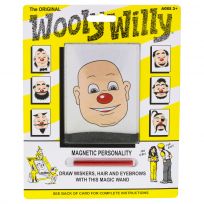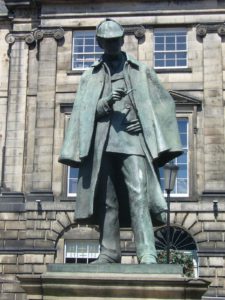
Some authors attend real autopsies, spend nights in haunted houses, or travel to exotic places.
I’ve toured FBI: Quantico and CIA: Langley, shot various weapons at the FBI Academy firing range and watched a bomb squad blow up stuff at my local police department. I’ve had a flash bang grenade blown up at my feet to see what it was like, and I’ve blindfolded myself to fumble around in a dark room to see if I could sense walls.
Writers do peculiar things in the name of research. Tell us about your most memorable experiences, what you learned, and how you used it.









